
OR
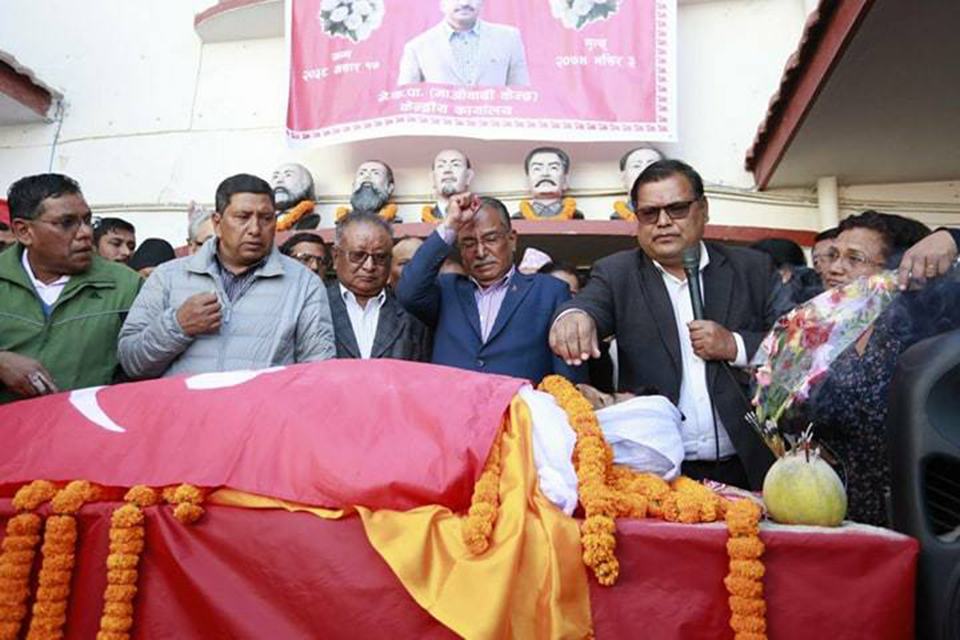
A directly elected executive with singular authority over government functioning would bring much-needed stability and cut horse-trading.
I am Prachanda.
My real name is Pushpa Kamal Dahal. But I prefer you call me by my nom de guerre, Prachanda. I’ve had this name for a long time. It has been with me through the Maoist insurgency, two terms as prime minister, two elections and now, as I forge a new political force merging our Community Party of Nepal (Maoist-Center) with the Communist Party of Nepal (Unified Marxist Leninist). So, please, call me Prachanda—it is who I am, the “Fierce One”.
Many people came to offer their condolences after Prakash passed away. He was 36, my only son. His mother, my wife, fainted when she heard of his death. I could barely stand. Could those that came to offer their condolences and support really feel my pain?
Sometimes I feel they didn’t even come to offer condolence. Perhaps they came only to see if I could now commiserate with those who had suffered through the conflict, whether I would atone for the past. Almost 18,000 people died on both sides of the Maoist insurgency that I led. Thousands are still missing. Some 6,000 cases are pending before the Truth and Reconciliation Commission. I stalled progress on those cases. Incidents of war cannot be tried under civilian rules. Those were the rules of war. Genuine reconciliation requires us to move beyond these trials of guilt.
We have all suffered. We have all sacrificed. There are no martyrs in this conflict—only victims. What more could I tell you about my grief, our grief?
I didn’t even get an opportunity to grieve. I had to return to the campaign within a few days of Prakash’s funeral. Sometimes it is hard for me to hide my loss. I see his face in all the youths of Nepal. For those of you doubting whether I commiserate with your own pain, I only ask that you consider why I carry on.
We must persevere
Prakash was my son. He grew up in our laps. We raised him in the midst of conflict but taught him to love; in the midst of destruction taught him to build; in the midst of despair taught him to hope. What does it take for a father to rise within a day after he loses his son? We must persevere. This journey—our journey, Nepal’s journey—cannot end simply by placing our belief in a fickle parliament where parties change sides like sand dunes shifting with the wind.
Like me, you must see the limits of this parliamentary system. We must move beyond the dogma of Marx and Lenin to craft a more evolved state, one that blends elements of a democratic republic with those of a people’s democratic republic to build a modern, just, fair and prosperous socialist regime.
I take you back to the time I was prime minister for the first time. I resigned in 2009. That resignation was a turning point whose significance has been greatly understated. We had won that election. We were the biggest party in that Constituent Assembly. But when I tried to sack the army chief with the full force of parliament behind me, the President blocked my move. I resigned in protest not to bandage my wounded ego, as many incorrectly inferred from that episode, but to show that we can’t have a parliamentary system where there is a ‘higher authority’ who decides what is right and what is wrong.
The incident over the army chief was also an important sign for the cadres who fought with us and had come into the peace process grudgingly. We asked them to lay down their arms. But we needed to show them that though the battle was over, the war wasn’t done. My resignation made it clear that our war was continuing. This parliamentary system, with its limitations and false hopes, needed to be dismantled.
Timing is important
In the earlier phase of our war, we needed to pick up guns to be heard. In the new phase after the peace process, we needed to be different. We needed to remain inside parliament—at least some of us—to showcase the fallacies of the parliamentary system. We needed to discredit and expose the false dawn.
Prakash would have died proud. By the time of his death, in the public’s perception, the parliament had been reduced to a house full of the unworthy—a place where corruption was sanctified, where naked self-interests were in full display and where impunity was granted.
Nepali Congress and its allies have been campaigning against our communist coalition, portraying us as dictators-in-waiting. They say our intent is to set up a communist state that will erode individual freedom and democratic rights enshrined in the current constitution. This argument is unlikely to resonate with the Nepali people.
The timing of the communist coalition is important to understand. It was close to the elections. But that was the lesser of the two reasons. The bigger reason was that public mood had turned against parliament. People were fed up with the instability of the parliamentary system, the never-ending horse-trading for power and frequent government changes. They sought stability and decisive leadership, which a parliamentary system couldn’t deliver.
Nepalis will reject NC’s characterization of the communist coalition as dictators in waiting. The question is not whether the communist coalition is good or bad for democracy. The question is what people want. The country is yearning for stability, strong leadership and national unity. The parliamentary system has delivered nothing but polarization, instability and fear of national disintegration. A parliamentary system of democracy, emulating what the British invented, will not serve Nepal’s interest. We need something better.
Illusive rights
A presidential system would be better. A directly elected executive with singular authority over government functioning would bring much-needed stability and minimize the horse-trading. Development work could then proceed with singular authority, without everyone trying to undermine the other. There would be a singular unifying national force—a president who would keep the country united within our federal structure.
There are detractors (like this buffoon author, for instance) who believe that there will be no mechanism for checks and balances in our presidential system. An executive president could erode the values, freedom and individual rights guaranteed in our constitution and turn Nepal into a soft dictatorship, they argue.
I have nothing but spite for such buffoons. To erode the values, freedom and individual rights you would have had to have granted them in the first place. You cannot take away what doesn’t even exist or is merely an ideal.
Look around you. We have adopted a constitution that enshrines all these rights and privileges. But does it really exist? No. Nepal is still firmly under the control of a small set of powerful interests that dominate the economy, society and politics. Rights don’t just jump out of the pages of a constitution into practice—the economy, polity and social structure must be realigned to make those rights functional.
We have all suffered. We have all sacrificed. But we are on this journey together beyond what Marx and Lenin even imagined. Who will take you there?
I am Prachanda.
bishal_thapa@hotmail.com
You May Like This
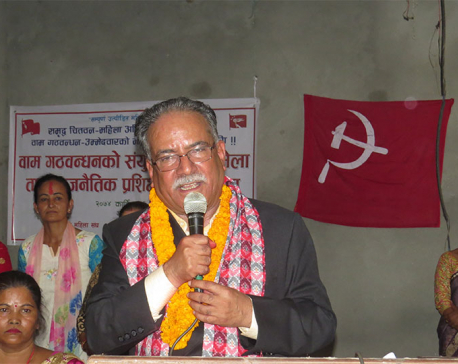
Dahal wooes voters with 'Prachanda Housing' and 'Prachanda Employment'
CHITWAN, Nov 15: CPN (Maoist Center) Charman Pushpa Kamal Dahal has vowed to provide houses to landless squatters and employments... Read More...
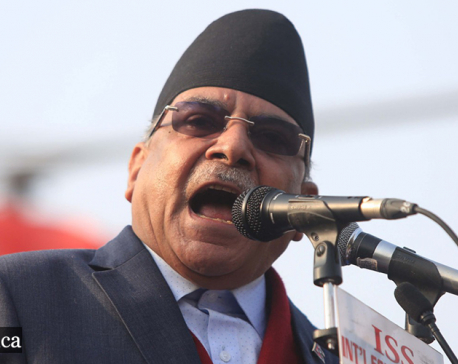
“We could not correct KP Oli despite multiple efforts”
KATHMANDU, Jan 22: One of the two chairmen of the Dahal-Nepal faction of the Nepal Communist Party (NCP), Puhspa Kamal Dahal... Read More...
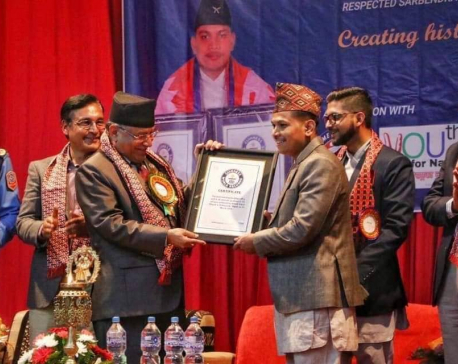
Parkour Dinesh to represent Nepal in America's Got Talent
Nepali Parkour athlete Dinesh Sunar has conferred a world record certificate for the third time in the Guinness Book of... Read More...



Just In
- Bhajang and Ilam by-elections: 69 polling stations classified as ‘highly sensitive’
- Karnali CM Kandel secures vote of confidence
- National Youth Scientists Conference to be organized in Surkhet
- Rautahat traders call for extended night market hours amid summer heat
- Resignation of JSP minister rejected in Lumbini province
- Russia warns NATO nuclear facilities in Poland could become military target
- 16th Five Year Plan: Govt unveils 40 goals for prosperity (with full list)
- SC hearing on fake Bhutanese refugees case involving ex-deputy PM Rayamajhi today











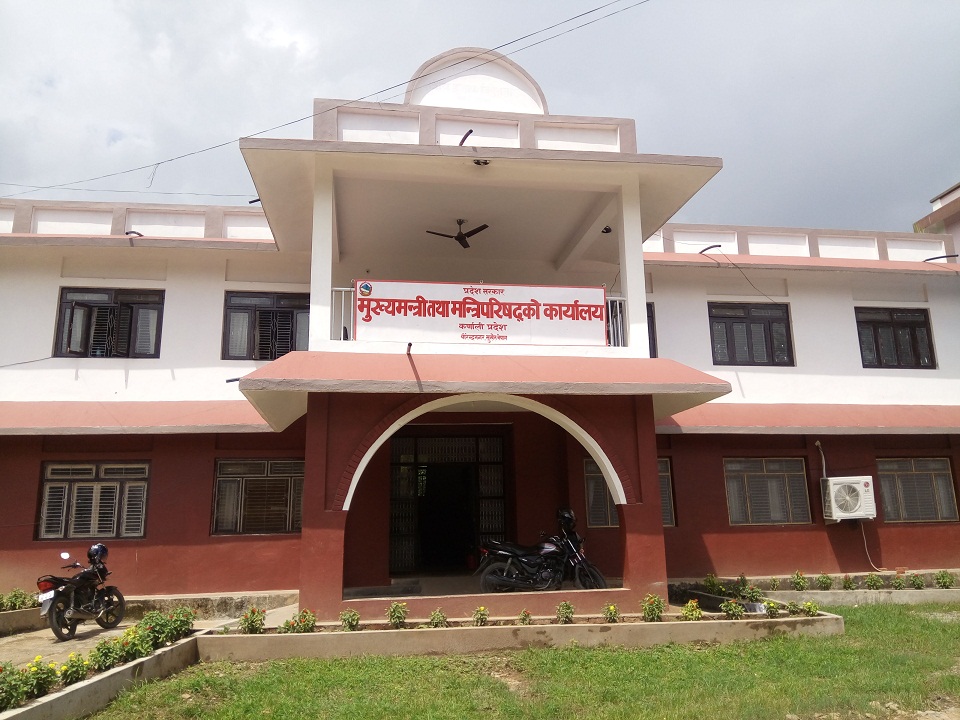
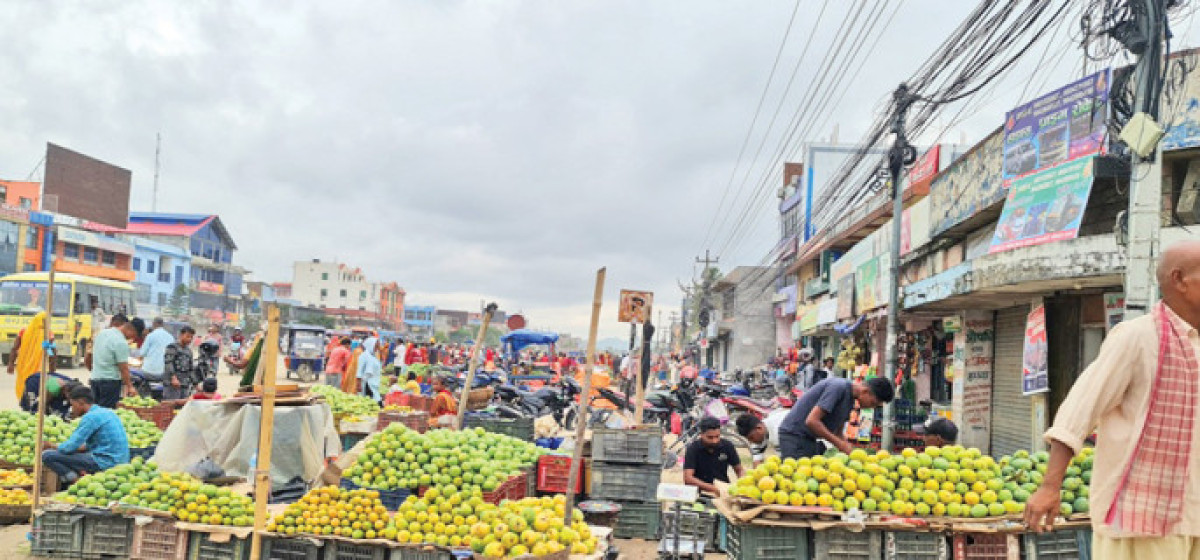
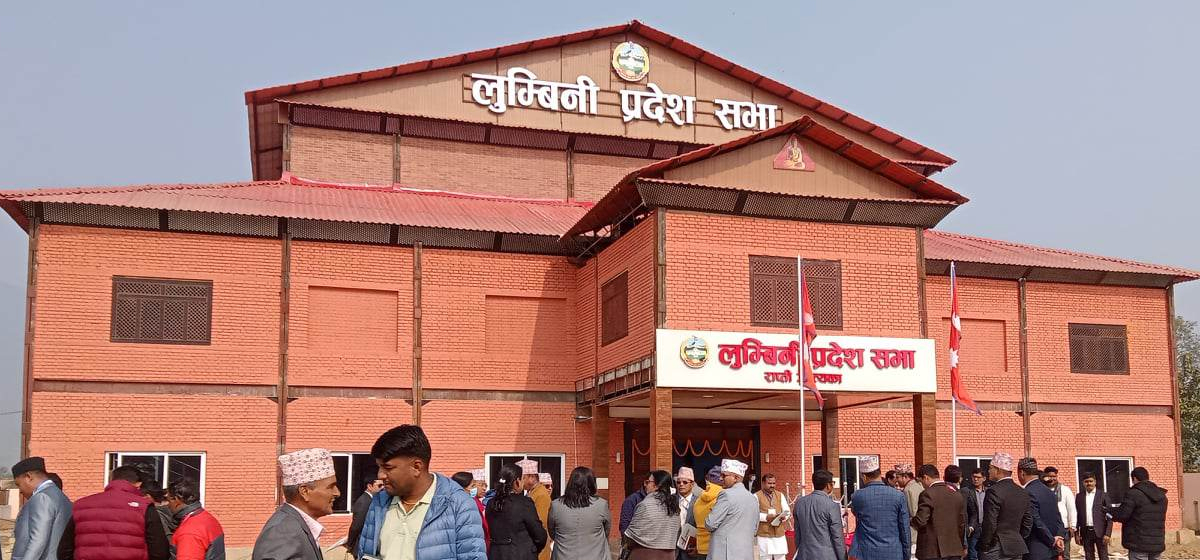


Leave A Comment